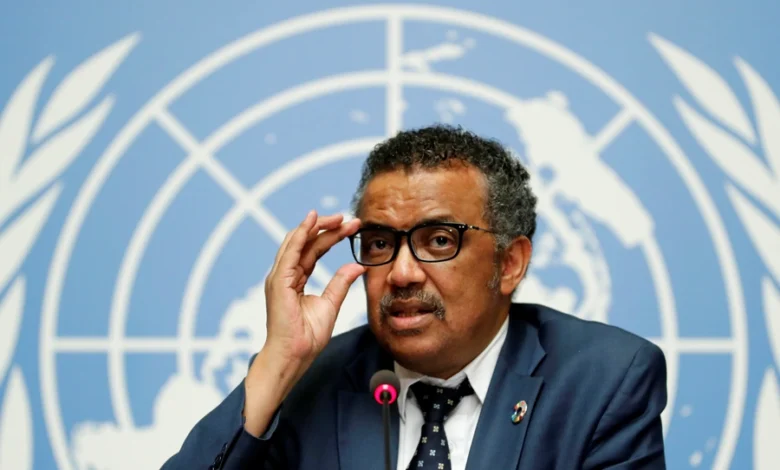WHO Issues Warning on Health Service Disruptions Due to Cuts in Official Development Assistance

The World Health Organization (WHO) has raised an alarm over significant disruptions to health services, affecting 70% of countries surveyed, as a result of sudden suspensions and reductions in Official Development Assistance (ODA) for health. These cuts are threatening the stability of health systems worldwide, with potentially deep and prolonged consequences, particularly in vulnerable and fragile settings.
Dr. Tedros Adhanom Ghebreyesus, the Director-General of WHO, expressed serious concern over the findings, which were based on a rapid assessment of the evolving situation. According to Dr. Tedros, the findings point to disruptions across a wide range of health system functions, underlining the urgency for immediate international action and response to mitigate the negative impacts on global health.
The WHO survey revealed that the suspensions and reductions in ODA are severely affecting critical areas of health services. The most frequently reported impacts include health emergency preparedness and response (70%), public health surveillance (66%), service provision (58%), humanitarian aid (56%), and the health and care workforce (54%). These disruptions are leaving health systems ill-equipped to respond to emerging health challenges, such as disease outbreaks and ongoing public health crises.
The data also highlights alarming disruptions in essential health services across at least one-third of the responding countries. Particularly concerning is the impact on services related to outbreak detection and response, malaria, HIV, tuberculosis, sexually transmitted infections, family planning, and maternal and child health services. These areas, which are vital to public health, are facing significant setbacks due to funding shortfalls and aid reductions, risking setbacks in global health progress.
The WHO’s findings underscore the critical need for sustained investment in global health and international cooperation to ensure that health systems remain resilient, particularly in low-income and fragile states. The cuts to ODA not only undermine the capacity of countries to address existing health challenges but also jeopardize efforts to achieve universal health coverage and sustainable development goals.
The WHO has called for urgent action from the international community to address these disruptions and ensure that health services continue to reach those in need. As global health systems face mounting pressures, Dr. Tedros emphasized that collaborative efforts are essential to safeguarding the health and well-being of people around the world.




